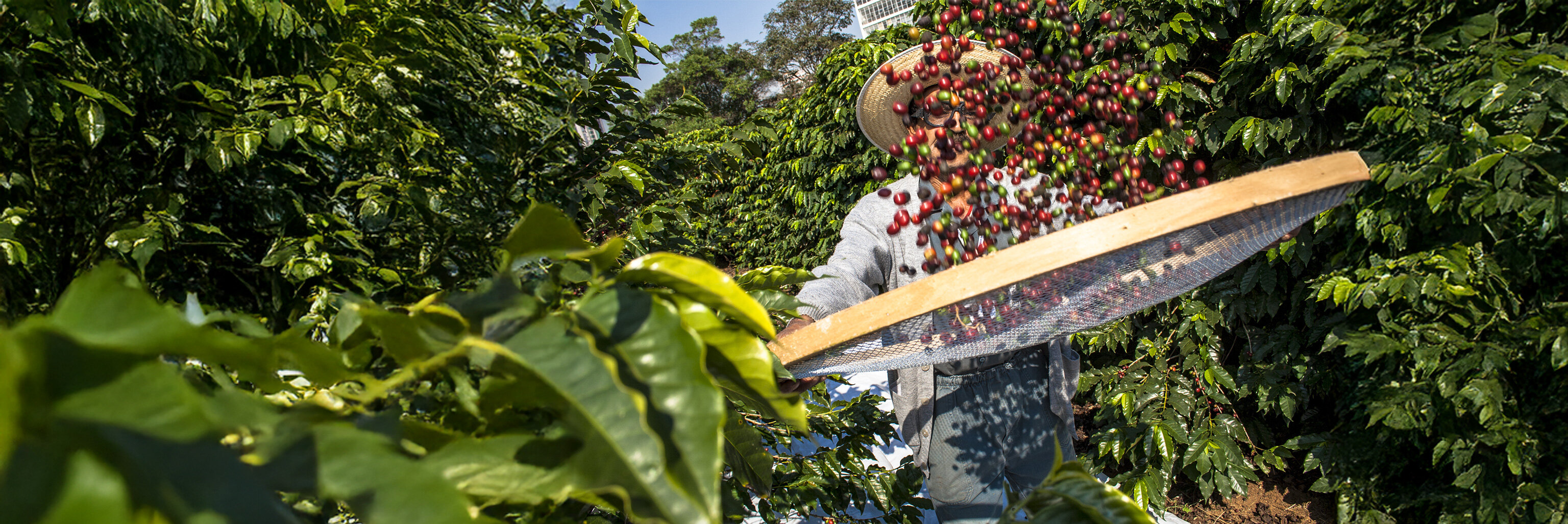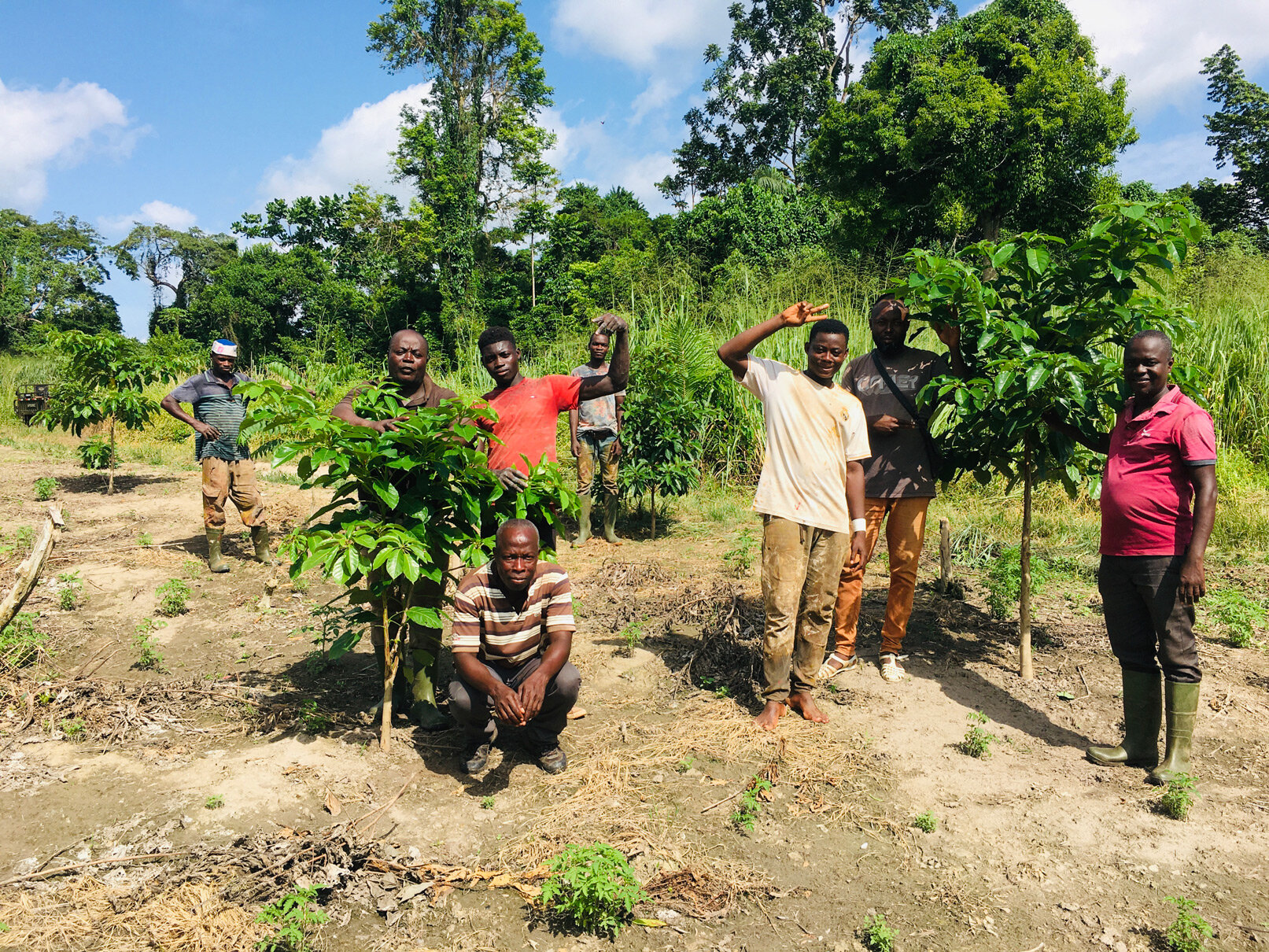In the dynamic world of fast moving consumer goods, climate impact and resource efficiency are now business-critical. Supply chains stretch across continents, packaging cycles are short, and consumer demand for transparency is rising. As brands seek to build trust while meeting ESG goals, they face complex sustainability challenges — from Scope 3 emissions to responsible sourcing.
FORLIANCE helps FMCG companies turn these pressures into opportunities. With a strategic blend of carbon accounting, stakeholder engagement, and nature-based climate projects, FORLIANCE equips your organization to lead with credibility, reduce climate risks, and shape a resilient future.



